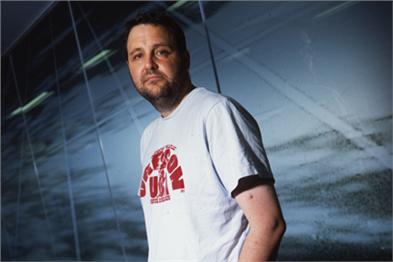By the time you got the chance to read last week's column, the biggest-selling newspaper in the UK was on its last legs, and every media pundit in the country was being summoned back from holiday post-haste.
This is clearly going to be a much-taught case study for future media strategists - a fascinating tale of how politicians, businesses, and mainstream and social media interact.
For a long time, the social media aspect of this scandal was like the opposite of a flash mob: it was about the long, slow grind of keeping a story in the public eye. For ages it may never have got beyond a small band of Twitter users, but that small band had the ability to talk quickly and easily to each other, and to reach out to the next social layer - something previous activists hadn't had.
The MPs and the journalists doggedly pursuing this story were directly connected to a supportive and interested audience - they didn't need "mainstream media" to validate their story. Then, when there was a more dramatic turn of events, it only took a few high-visibility Tweeters to nudge the story into the mainstream consciousness.
When the flash moment arrived (with the Milly Dowler revelations), social media showed its ability to focus and coordinate outrage. The newspapers and politicians could not ignore both the broadcasters and the weight of campaigning on social media. Then, when its collective intelligence decided to turn on News of the World's advertisers, you could sense blood in the water. Once one brand pulled out, the others were almost bound to follow.
Now, Twitter and Facebook don't represent the whole population, but they do represent a whole heap of desirable customers. And if they're demanding that a company takes a stand, it must be very hard to ignore - especially when it's a very specific, time-limited demand that's fairly easy to comply with.
It must have been a fascinating time to be in a media agency - deploying their social media monitoring tools in the face of fast-moving, ambiguous events. Or, presumably, in some cases, running a few quick searches through TweetDeck.
It's easy to play down the importance of the shouting from Twitter, but it's hard to ignore when they're shouting at you, and there's no time to listen to anyone else. No research to fall back on, no contingency plan baked into the brand onion. I bet there are a lot of people beefing up their monitoring plans right now.
Like I said. Blimey, these are interesting times.
russell@russelldavies.com


